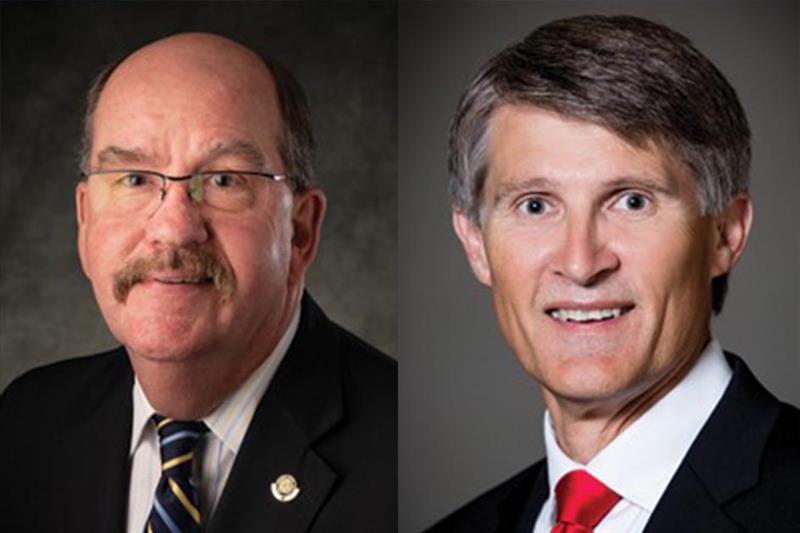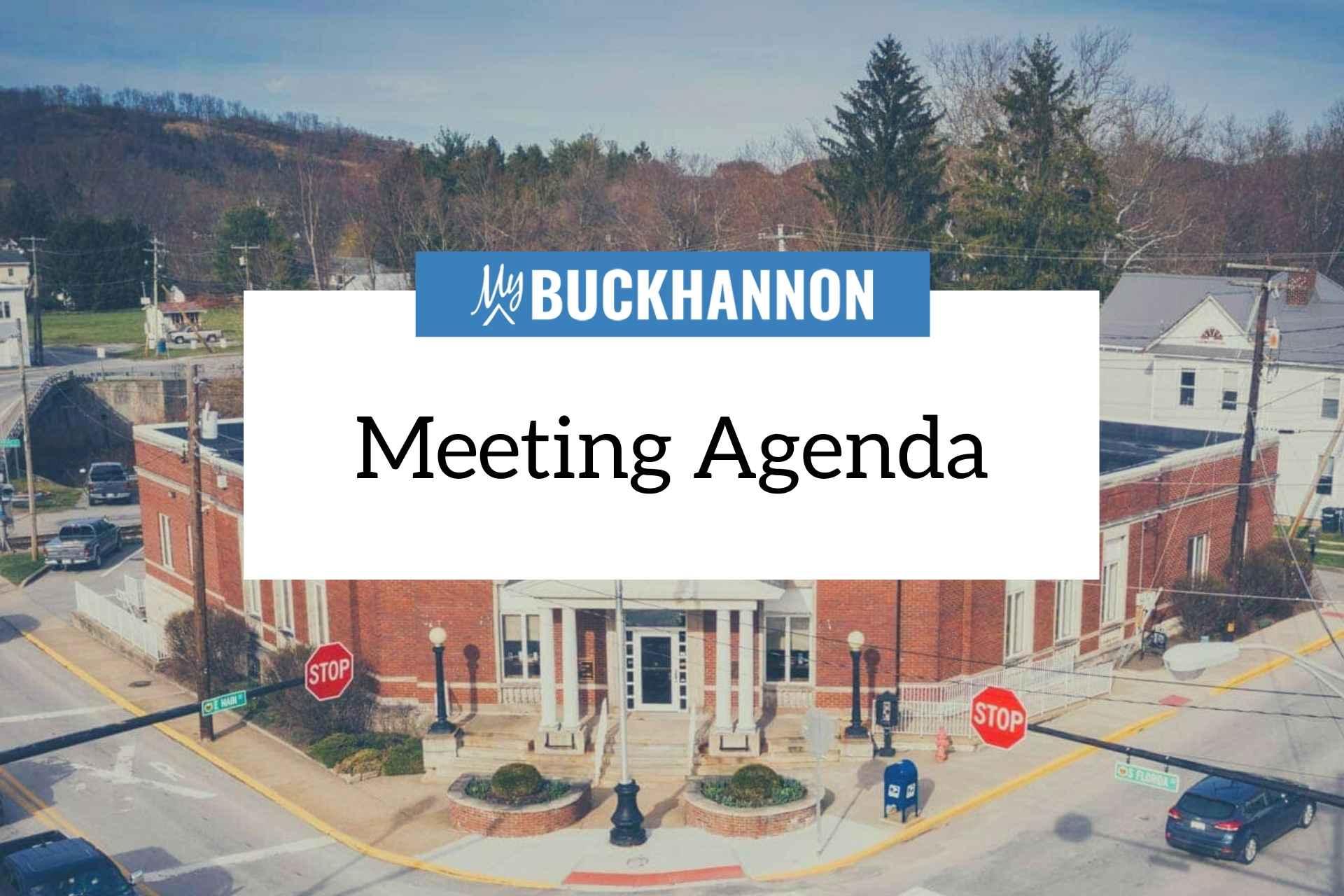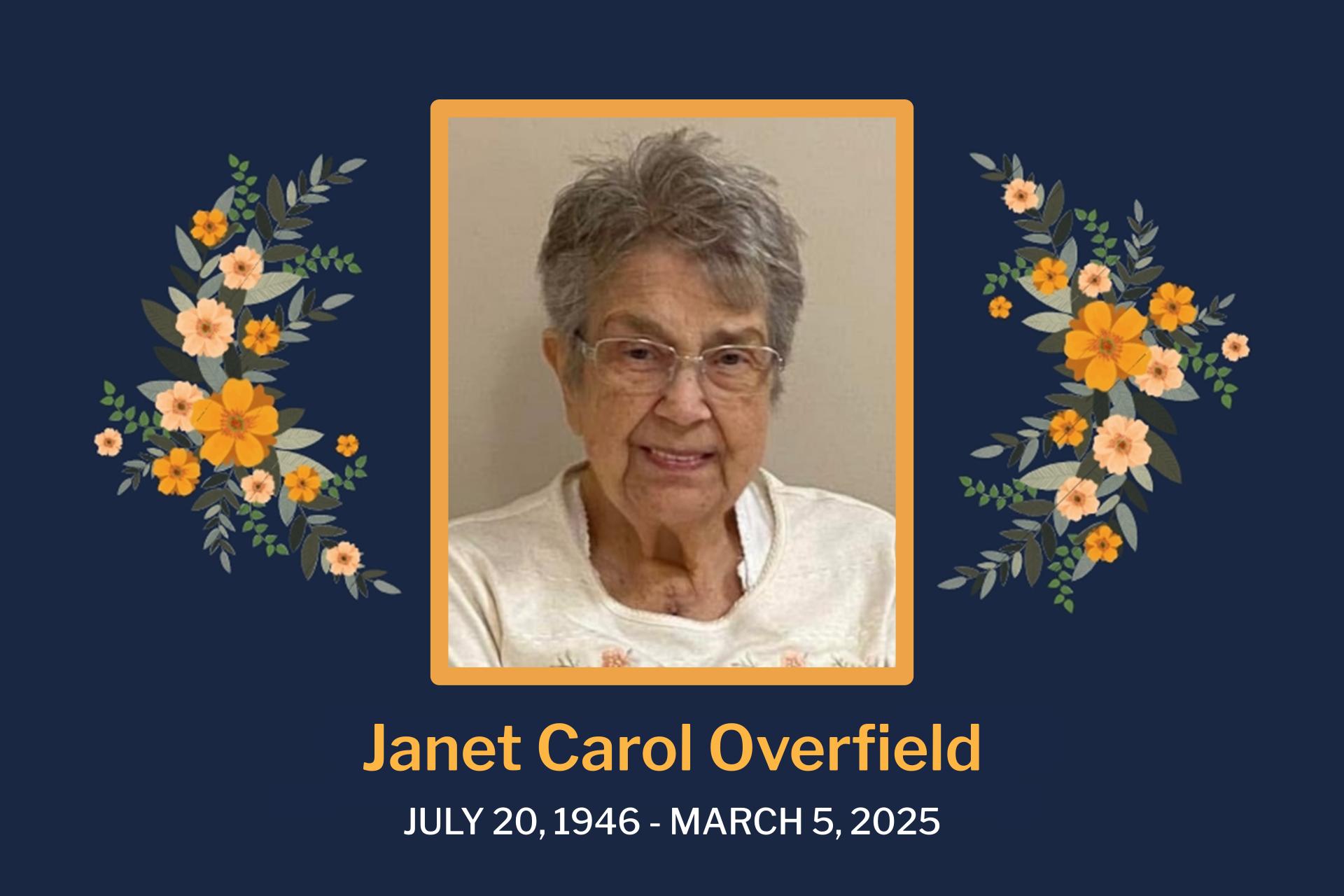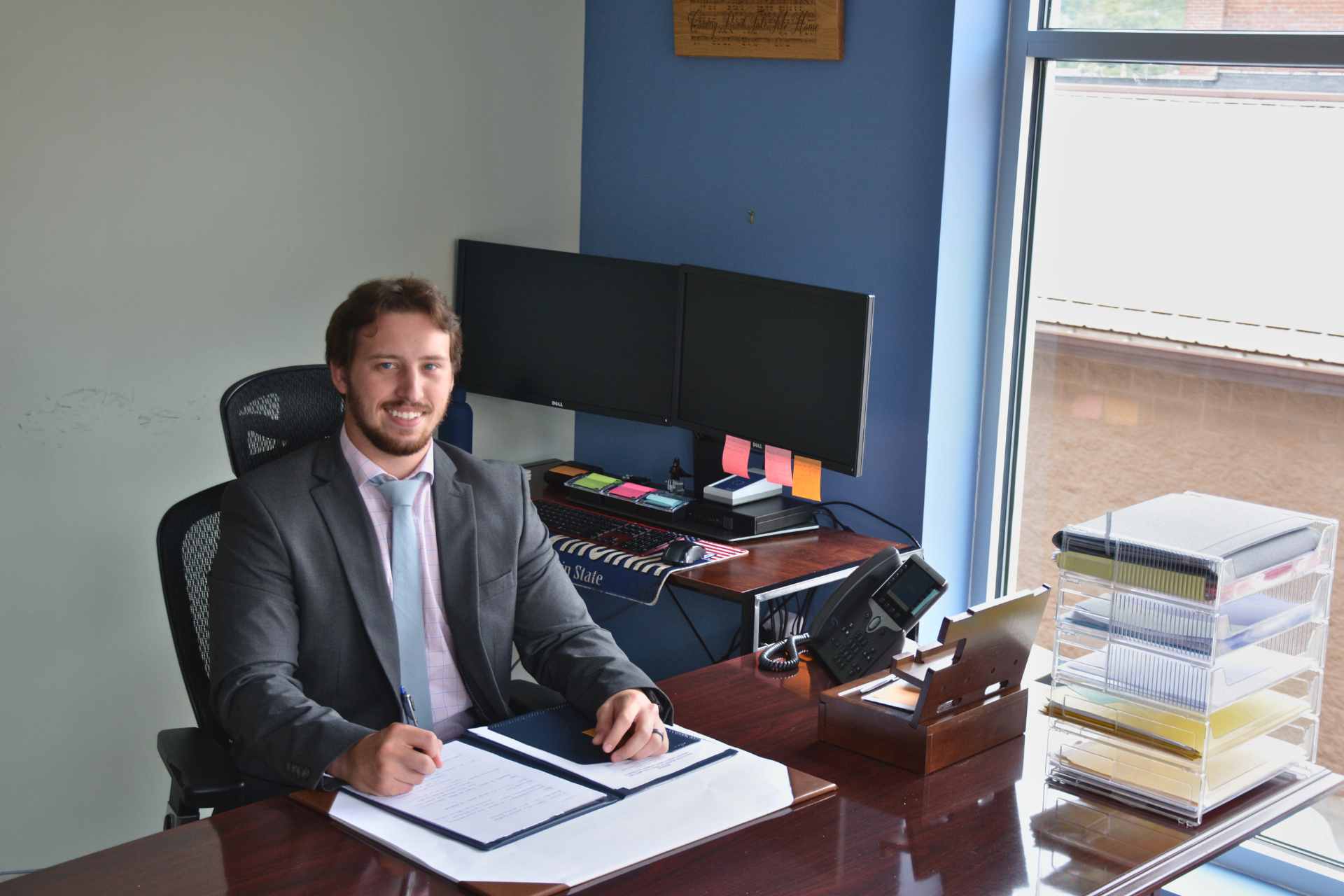BUCKHANNON – Addressing the concerns of educators in West Virginia has surfaced as a hot topic statewide – especially in the past couple years.
Teachers and service personnel have walked off the job twice in response to proposed legislation that would establish charter schools, create taxpayer-funded school vouchers for private or homeschool students and weaken unions. Legislators, meanwhile, passed a 5% pay raise for state employees but have struggled to put together a larger package to improve public education in the Mountain State.
After the multi-faceted Omnibus Education Bill that included a slew of items eventually died during the 2019 regular legislative session, Gov. Jim Justice called for a special session to focus entirely on improving education in the state and compensation for teachers.
West Virginia Senators reconvened in special session Saturday, June 1 to address education issues and again passed a large ‘omnibus’ bill in the form of Senate Bill 1039 – the Student Success Act. West Virginia delegates will head to Charleston today, Monday, June 17, to also address education, including Senate Bill 1039. However, the House has created four select committees on education reform and will tackle smaller education bills one-by-one in addition to a large ‘omnibus’ measure.
Here’s a breakdown of some the items addressed in Senate Bill 1039, according to the Charleston Gazette-Mail:
Academic Promotion – Teacher recommendation would be the primary consideration as to whether a student would be promoted to the next grade level.
Attendance – At three and five unexcused absences, a school system would have to make meaningful contact with the parent or guardian and find out what is causing the absences and address how the school could help prevent those absences.
Block Grants – County school systems would have greater flexibility in how they spend the monies they receive through the state aid formula.
Charter Schools – The bill provides no limit to the number of charter schools that could be established in West Virginia. This means state and federal education funds would be diverted from the public-school system and distributed to charter schools for students who transfer out of public schools. County school boards would approve applications to create charter schools and would assist overseeing the schools.
Counselors – In the proposed bill, counselors would have to increase time spent in a direct counseling relationship with pupils to at least 80% of their work time, a 5% jump from the current 75% requirement.
Differential Pay – Teachers in critically needed and hard to fill subjects could receive more money for teaching those subjects.
Digital Learning – A pilot project would be created for elementary and middle schools offering an extensive curriculum related to digital literacy, online assessment preparation and internet safety, if lawmakers provide funding.
Exceptional Students Fund – County school boards would be permitted to create an exceptional student needs fund from surpluses for students who are likely to perform better outside of the public-school setting.
Funding – The bill will drop the local share portion of the state school aid funding formula from 90% to 85%, increasing state funding. It also provides for counties with less than 1,400 public school students and gives those counties additional money.
Leave – A teacher who uses four days or less of leave time during the school year would be eligible for a $500 bonus at the end of that year.
The Mountaineer Challenge Academy – The existing facility in Preston County would expand to allow for 600 cadets annually. A second location would be established in Fayette County in Montgomery, on the property previously belonging to the West Virginia University Institute of Technology.
Open Enrollment in the State – Students could attend public schools in counties where they do not reside if they receive that county’s school board approval. That student’s home school board won’t have a say about losing the student.
Raises for School Employees – School employees would receive the raises promised a month before the November 2018 elections. Raises for teachers would be $2,120.
Strikes – County superintendents could not close schools when they anticipate a strike. The bill says that public worker strikes are unlawful, and educators and school service personnel could be fired if they strike and school employees’ pay may be withheld on strike days. It further states that during any strike days, schools would not be able to participate in extracurricular activities.
Supplies – Teachers, both those in public and private classrooms, could get up to $250 in annual income tax credits to buy supplies or pay for their trainings. This would apply to other types of educators including classroom aides, early childhood classroom assistants, autism mentors, braille specialists, paraprofessionals, sign language assistant teachers, educational sign language interpreters and sign support specialists.
So, what do Upshur County’s senators think about the Student Success Act? Well, that depends on which one you talk to about each particular issue.
Senator Bill Hamilton, R-Upshur, said he feels there are many good points to the proposed bill, including teacher tax credits; expansion of the Mountain Challenge Academy; state funding increases for the 11 counties with less than 1,400 students; incentives for teachers in shortage areas such as math, science and special education; and raises for the teachers and school service personnel.
However, Hamilton, who has been a strong supporter of teachers and local public school systems, said he doesn’t agree with other parts of the omnibus bill.
“I do not believe the students should be penalized by canceling extracurricular events if an instructional day is canceled due to a work stoppage,” Hamilton told My Buckhannon. “That language should be deleted from the bill.”
Hamilton does not agree with the charter school provisions of Senate Bill 1039 either. Taxpayer money would be taken out of the public school system, and Hamilton feels the matter should be put to a vote in the county where the charter school would be established.
“If the public is behind providing access to charter schools, then the public should vote on the issue,” he said. “If a charter school is proposed in a county, then the issue should be put to a vote by the people in the county where the school is proposed.
“All local referendums shall occur in a primary or general election year and not in a special election. This amendment was made and voted down by the Senate; the same amendment should be offered and adopted by the House of Delegates.”
Senator Greg Boso, R-Nicholas, who is listed as a co-sponsor on the bill, also weighed in with his thoughts of Senate Bill 1039. He said the Senate has worked hard to put Senate Bill 1039 together in a comprehensive form.
“One of the things Senator Bill Hamilton and I did was attend a number of the forums offered around the state to listen to all of the issues that teachers and educators had with regard to what the real problems are,” Boso said. “Obviously, we all know the opioid problem is creating a major dilemma in the education process.”
Boso said the bill has provisions to provide wrap-around services and counselors in the school system, with each of the schools having assistance on a daily basis, in some fashion or another. He said some of the smaller schools may not have a need for a full-time counselor and in that case, counselors would be shared.
Another big issue Boso discussed is teacher pay.
“Obviously, our teachers are underpaid. We are trying to make sure we get them a new increase to their pay and address the areas where we have needs, such as special needs or math educators,” he said. “It is becoming more and more difficult to find educators coming out of those fields who are willing to take those challenges on. Math education is a challenge. It’s a difficult subject to teach.”
He said one goal of Senate Bill 1039 is to enhance pay in those select categories.
Boso said the hope is to put additional money into the classroom by providing those needed services, into the teacher’s salary and into each school system to help offset some of the challenges they are faced with.
“For those counties who are experiencing growth like Upshur, Jefferson, Monongalia and Berkley, they need additional assistance and we are trying to put additional money into our education system,” he said.
One of the key provisions of Senate Bill 1039 is charter schools. Boso said the education community is not a fan of charter schools, but businesses are.
“But when you get to talking to the business community, especially where you are trying to attract new business and industry into West Virginia, those businesses, where they are operating in other states and considering bringing their operations to West Virginia, they want to be able to have those opportunities of choice for their employees and management people they are bringing,” Boso said. “So, that is a check box that some people are looking at – not everybody, and I understand that.”
Boso said the bill was put together to help address everyone’s wants in a reasoned fashion.
“We have heard a lot about how our teachers were out of school and our students were not being educated – we have gone through that two years in a row now,” Boso said. “There were a lot of people, not the educators, but others in the community, saying the teachers need to be in our classrooms educating our students rather than being in Charleston – we have a contract with them.”
“Obviously, I am a fan of trying to get our teachers up to where we are competitive with adjoining states, and so I think we have to get that done,” he said.
The Senate passed the bill 18-15-1 along mostly party lines. Hamilton and Kenny Mann joined Democrats in opposing the bill, while Boso joined his Republican colleagues in voting for the bill.
“We have put it in the hands of the House of Delegates now and are just waiting to see what comes back,” Boso said.
























